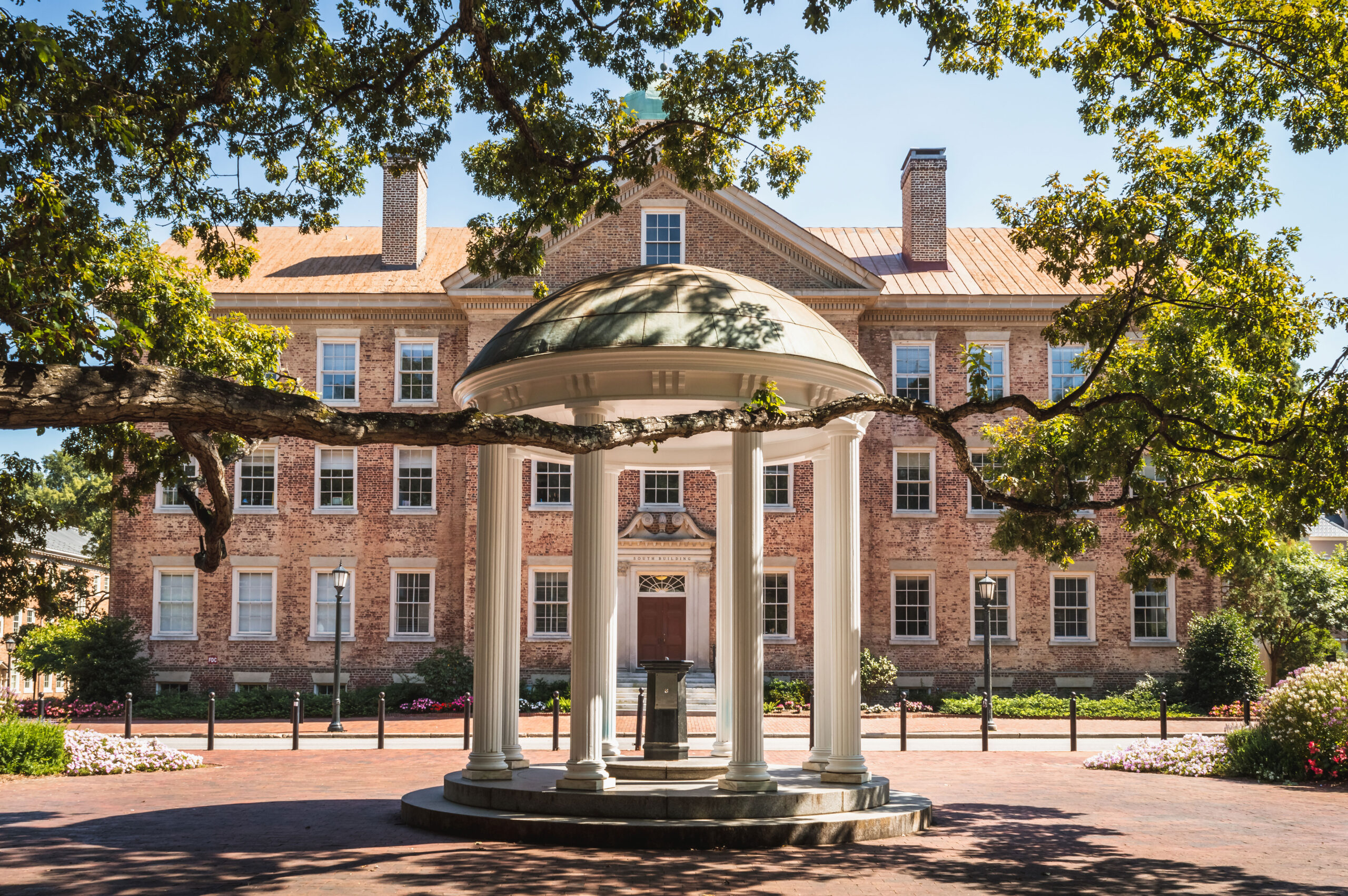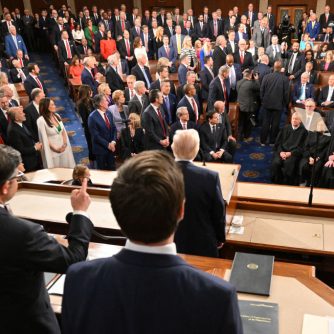In a recent episode of “Carolina Newsmakers,” host Don Curtis engaged in a compelling conversation with Lee Roberts, the interim chancellor of the University of North Carolina at Chapel Hill. The episode provides deep insights into Roberts’ experience as chancellor, the challenges and opportunities faced by the university, and the broader landscape of higher education in North Carolina.
Episode timeline
Introduction to Lee Roberts and His Role
Don Curtis opens the conversation by introducing Lee Roberts, who began his tenure as interim chancellor on January 12th. Roberts shares his initial reflections, noting the remarkable environment at Carolina, characterized by tremendous research, accomplished faculty, and impressive students. Despite being in the role for only six months, Roberts expresses his continuous amazement at the vibrant academic community.
Differences Between Public and Private Institutions
Roberts, with his background from Duke University, discusses the distinctions between public and private universities. He emphasizes the unique mission of public institutions to serve the state, highlighting the historical intertwining of Carolina’s success with that of North Carolina. This relationship underscores the importance of the university’s role in fostering a better future for the state’s families.
Faculty Dedication and Long-term Commitment
Curtis and Roberts delve into the deep-seated love that faculty, alumni, and students have for their institutions. Roberts marvels at the dedication of Carolina’s faculty, many of whom could earn significantly more in the private sector but choose to remain committed to teaching, research, and public service. This dedication, he believes, is essential for maintaining the university’s special culture.
Transition from Business to Public Service
Roberts reflects on his transition from a successful business career to public service, previously serving as the state budget director under Governor Pat McCrory. He discusses the Connect NC bond, which allocated $1 billion for new capital projects across the UNC system, emphasizing the importance of public service and giving back to institutions that have significantly contributed to the state’s progress.
Addressing Student Debt and Affordability
A significant portion of the discussion centers on the challenges of rising education costs and student debt. Roberts points out that, despite these challenges, UNC-Chapel Hill has kept its tuition flat for eight years, effectively reducing costs in real terms. He highlights the Carolina Covenant program, which supports students from the lowest-income households, ensuring that financial constraints do not deter qualified students from attending Carolina.
Growing Applications and Yield Rates
Roberts shares impressive statistics on the growing number of applications to Carolina, which have increased by almost 20% over two years. He notes that the university’s yield rate—the percentage of accepted students who choose to enroll—has also risen, demonstrating strong validation of Carolina’s appeal and educational value.
Balancing Graduate and Undergraduate Growth
Addressing the balance between undergraduate and graduate programs, Roberts explains that about a third of the university’s students are in graduate programs. He discusses the diverse range of these programs, from one-year master’s degrees to extensive PhD studies, and the implications of potential enrollment growth on facilities and faculty.
Challenges of Gender Imbalance
Roberts acknowledges the gender imbalance at Carolina, where female students comprise a significant majority. He ties this trend to broader patterns in high school education and emphasizes the need for continued discussion on this issue, both within higher education and at the K-12 level.
Excellence in Women’s Athletics
Highlighting the success of Carolina’s women’s sports programs, Roberts speaks proudly of the achievements in soccer, field hockey, basketball, lacrosse, and tennis. These successes underscore the effectiveness of Title IX and the university’s commitment to supporting women’s athletics.
Navigating College Athletics in a Changing Landscape
The conversation shifts to the evolving landscape of college athletics, including conference realignment, name, image, and likeness (NIL) issues, and the transfer portal. Roberts emphasizes the need for careful navigation to ensure that Carolina emerges stronger from these changes.
Complexities of University Administration
Curtis and Roberts discuss the complexities of managing a large university, from food services to housing and transportation. Roberts praises the dedication of the university’s 10,000 staff members who keep the campus running smoothly, underscoring their vital role in the institution’s success.
Innovation and Strategic Planning
Roberts outlines the Carolina Innovations for Public Good program, aimed at translating academic research into real-world applications. He details strategic initiatives focusing on AI, applied sciences, and campus master planning, all designed to maintain Carolina’s competitive edge and continue serving the state effectively.
Conclusion
In closing, Roberts expresses his honor and privilege in leading such a distinguished institution. He reiterates Carolina’s crucial role in shaping the future of North Carolina and looks forward to implementing strategic initiatives that will benefit the university and the state for generations to come.
This episode of “Carolina Newsmakers” with Lee Roberts provides a comprehensive look at the dynamic challenges and exciting opportunities at UNC-Chapel Hill, offering listeners a deeper understanding of the university’s pivotal role in higher education and public service.





